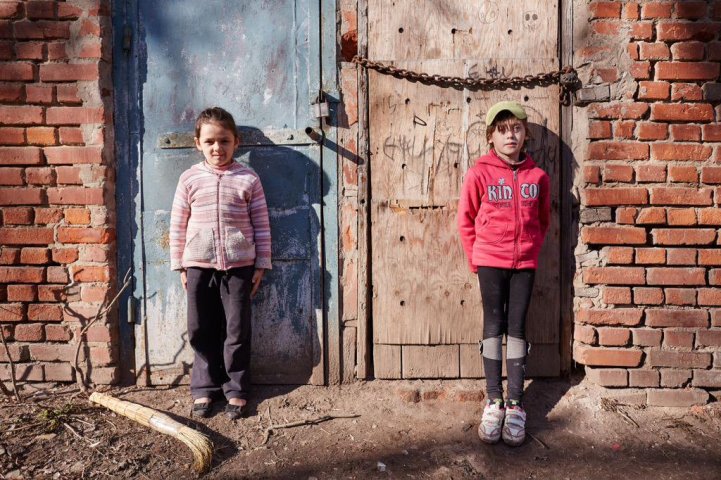UNICEF Reports highlights role of playful parenting in child development and mental health
“When children face physical or verbal abuse at home or are deprived of social and emotional care, it undermines their self-worth and development,” said UNICEF Executive Director Catherine Russell.

Nearly 400 million children under 5 — or 6 in 10 globally — regularly endure psychological aggression or physical punishment at home, with around 330 million subjected to physical means, according to new UNICEF estimates. The report emphasizes the crucial role of nurturing and playful parenting in child development and mental health.
“When children face physical or verbal abuse at home or are deprived of social and emotional care, it undermines their self-worth and development,” said UNICEF Executive Director Catherine Russell. “Nurturing and playful parenting brings joy, helps children feel safe, learn, build skills, and navigate the world.”
Despite more countries banning physical punishment at home — with over half of the 66 countries enacting legislation in the past 15 years — around half a billion children under 5 still lack adequate legal protection. Harmful social norms persist globally, with over 1 in 4 mothers and primary caregivers believing physical punishment is necessary for proper childrearing.
The data, released on the first-ever International Day of Play, highlight disparities in caregiving and access to play. Approximately 4 in 10 children aged 2-4 do not receive enough responsive interaction or stimulation at home, leading to emotional neglect and potential long-term behavioral issues. Additionally, 1 in 10 misses out on activities critical for cognitive, social, and emotional development, such as reading and storytelling.
Around 1 in 5 children aged 2-4 do not play with their caregivers at home, and roughly 1 in 8 under age 5 lack toys or playthings. Studies show that evidence-based parenting programs improve caregiving, reduce family violence, and enhance mental health for children and parents by promoting positive approaches and nonviolent discipline.
UNICEF calls on governments to strengthen efforts and investments in:
- Protection: Strengthening legal and policy frameworks to prohibit and end all forms of violence against children at home.
- Parenting Support: Scaling up evidence-based parenting programs that promote positive, playful approaches and prevent family violence.
- Playful Learning: Expanding access to learning and play spaces, including preschools, schools, and playgrounds.
“On the first International Day of Play, we must unite and recommit to ending violence against children and promoting positive, nurturing, and playful caregiving,” Russell added.
- READ MORE ON:
- UNICEF
- mental health
- child development
- Catherine Russell










